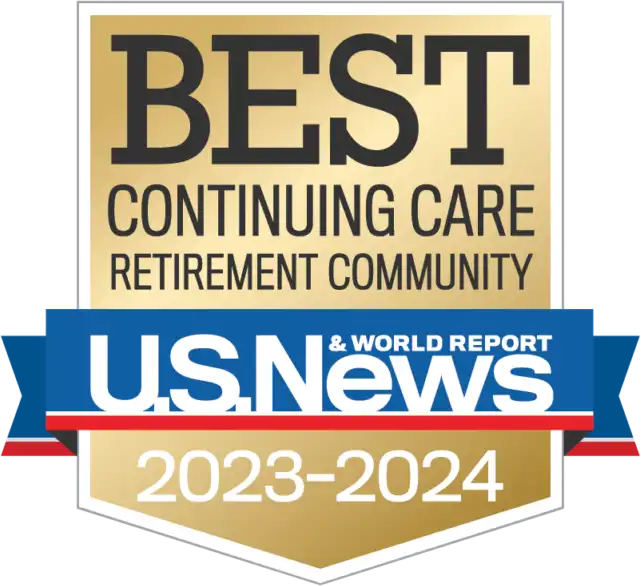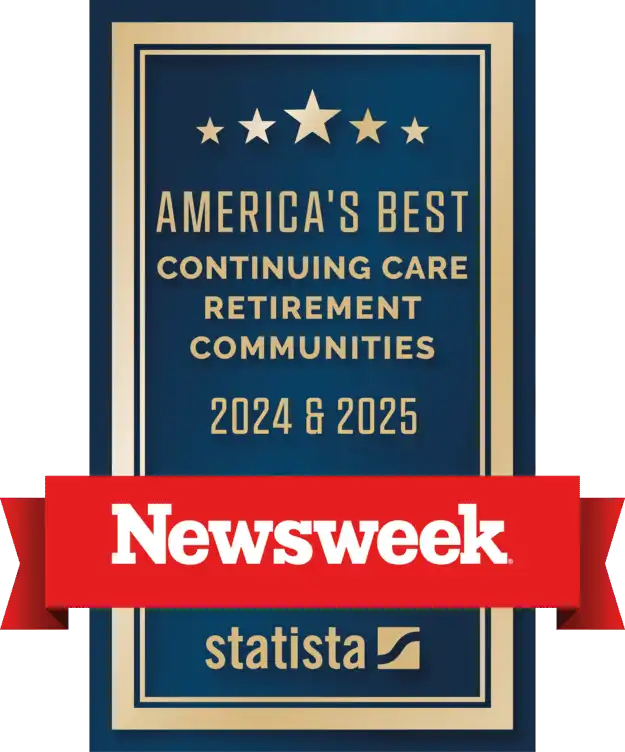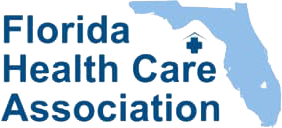
senior fraud alert
Senior Fraud and Cyber Scams
This was originally published on 12/1/2027 and updated on 10/28/2025
With the Internet at our fingertips and everybody having a smart phone or tablet there is an unfortunate increased risk of scams targeting seniors, including Medicare scams. Elder fraud can result in monetary loss, identity theft and credit card fraud. Knowing ways to help prevent fraud can go a long way towards keeping your identity safe.
Scams Targeting Seniors: What to Know
Today’s scammers who target seniors tend to gear their messages toward an older adult’s desire for enjoying a good retirement, having close relationships, and helping family members. Here are some of the ways people over the age of 50 are getting scammed:
1. Suspicious email
Anyone in any part of the world could be behind an email or other communication that is sent to you. Do not trust the sender on face value. Do your research to prevent fraud. You should never share your personal information such as your name, address and phone number, email and especially your Social Security number, bank accounts and insurance policy numbers. Scammers are very skilled at finding out information and possibly stealing your identity with just a little bit of personal info.
2. “You’re a winner!”
Many cybercrimes involving elder fraud begin with offers of gift cards, cash prizes or other things of value. You should never enter or respond to any type of request unless you are 100% sure of the origin. Most emails that are offering you prizes, or money are really designed to get your personal information. This information is then used to steal your identity, create credit cards or hack into your bank account.
The 3 signs of a prize scam according to the Federal Trade Commission:
- You must pay to get your prize
- You must pay to increase your odds of winning
- You must give your financial or personal information
3. Holiday Shopping and Banking Online
According to AARP, more than 80 percent of U.S. consumers have experienced or been targeted by at least one form of fraud associated with the holidays. Everything from charity scams to shopping scams to delivery to travel scams. It’s important to stay vigilant.
To prevent fraud, be sure your banking and online shopping sites are secure. The best way to do this is by looking for “https://” at the beginning of the URL or the padlock symbol. Also type in the website you need to go to directly into the address bar rather than following links. Do not click links, pop-up ads, or attachments in an email or text. Be sure to check your monthly bank, investment, and credit card statements for these purchases and to make sure there are no fraudulent charges. And before throwing any document away, shred it first.
Remember, holidays create more opportunities for scammers to tug at your heart and empty your wallet with fake websites or products that can result in elder fraud.
4. Passwords
To prevent fraud, be smart about your passwords. Keep your passwords private and be sure to change them every six months. This is an easy and simple way to help combat scams targeting seniors.
And while it may be tempting to use the same password over and over again on different websites, keep in mind that if that password is ever stolen, it could be used to gain entry on several websites, which could wreak havoc on your identity. So take some time to come up with passwords that go against the grain.
Here are some tips on creating a strong password from CISA:
- Make them long (at least 16 characters)
- Use a random string of mixed-case letters, numbers and symbols, or make up a phrase of at least 4 to 7 words
- Make them unique
5. Emails asking you to wire money
Scammers send thousands of emails to people all over the world trying to get cash. Never wire money to someone you do not know or have not spoken to. There are even scams out there using the names of your children and grandchildren that say they are in dire need of money. If you ever get an email from somebody that you know asking for money, call them directly before sending anything.
6. Medicare scams
Unfortunately, Medicare scams are a common form of elder fraud. You receive an email or text claiming to be from the government, instructing you to give them your Medicare number so they can send you a new card. Or, you get an email telling you about a big discount on insurance for people your age.
If you receive an email or text that claims to be from Medicare, do nothing until you call 1-800-MEDICARE and ask if it is genuine.
7. Social media scams
Social media can be a fun way to stay in touch with friends and family. But be aware that not everyone on these sites is who they say they are. Beware of any friend requests you might receive from someone you do not know. Ignore it. Do not click on links or attachments. And as always, do not give out any personal information.
Related: Staying Safe and Smart: Essential Tips on Social Media for Seniors
General advice for avoiding a scam
A few tips from the FTC:
- Block unwanted calls and text messages on your phone.
- Do not open suspicious-looking emails on your computer or tablet. Do not click on any links or attachments in any email that comes from an untrusted source.
- Resist the pressure to act immediately. If you are being pressured to act right away, chances are it’s a scam.
- Recognize how scammers often ask you to pay. If someone is insisting you use cryptocurrency, a wire transfer, payment app, or gift card, it’s probably a scam.
- Take a breath, and speak with someone you trust, such as a friend or family member. Having a conversation with them might give the insight you need to make a sound decision.
Find Safety and Security at St. Mark Village
At St. Mark Village, we want you to live a stress-free life. There will always be someone around to help if you’re unsure if someone might be trying to scam you. Here, you are always surrounded by people who truly care about you, which you’ll find is what it’s like in our beautiful community. You’ll appreciate the company of wonderful friends and a caring staff that is ready to respond to your needs.
Related: Finding a Sense of Safety and Security in Senior Living
When it comes to your wellbeing and peace of mind, St. Mark Village is here for you. And that includes seamless access to future care options. Download our free Safety and Security Guide to see how we provide secure living spaces, 24/7 care, and an active, connected lifestyle that nurtures body, mind, and spirit.


















